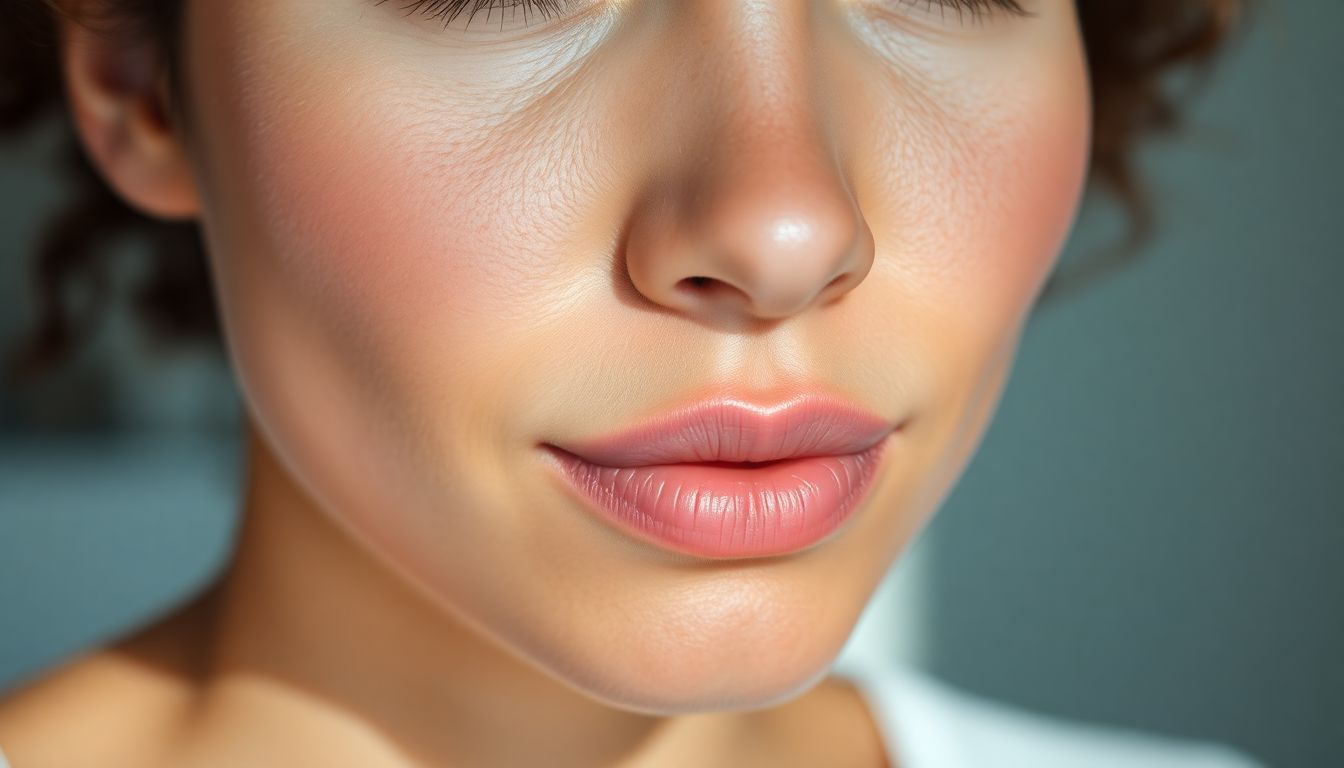
The world faces a widespread issue: acne. Current studies indicate that nearly 85% of people will experience acne at some point in their lives. Unfortunately, many of those individuals are left with scars that can linger long after the breakouts have disappeared.
Acne scars can significantly affect self-esteem and mental health. For many, these marks are a constant reminder of past struggles. This article explores natural remedies that can help diminish these scars and restore confidence.
Natural Remedies for Acne Scar Treatment
Aloe Vera
Aloe vera is well-known for its soothing and healing properties. It contains vitamins, minerals, and antioxidants that promote skin health. Research has shown that aloe can reduce inflammation and improve collagen production.
Application Tips:
- Use fresh aloe vera gel directly from the plant.
- Apply a thin layer to the scars.
- Leave it on for about 30 minutes before rinsing with cool water.
- Repeat this process daily for the best results.
Honey
Honey is a powerhouse for skincare. Its antibacterial properties help prevent further breakouts, while its natural humectant quality keeps skin moist. People have been using honey in their beauty routines for centuries.
Real-World Examples:
- Mix honey with sugar for an exfoliating scrub.
- Use honey as a mask by applying a thin layer and letting it sit for 20 minutes.
Tea Tree Oil
Tea tree oil is celebrated for its antimicrobial effects. It can help reduce the size and redness of scars. However, it should always be diluted before application.
Usage Guidelines:
- Mix one part tea tree oil with nine parts carrier oil like coconut or jojoba oil.
- Apply a small amount to the scars with a cotton ball.
- Avoid direct contact with sensitive skin areas to prevent irritation.
Lifestyle Changes for Acne Scar Improvement
Diet and Nutrition
A balanced diet plays a crucial role in skin health. Foods rich in antioxidants, vitamins, and healthy fats can support skin repair.
Beneficial Foods:
- Fruits like berries and oranges
- Leafy greens such as spinach and kale
- Healthy fats found in avocados and nuts
Foods to Avoid:
- Sugary snacks
- Processed foods
- Dairy products for some individuals
Stress Management
High stress levels can lead to more breakouts. Managing stress is essential.
Techniques to Reduce Stress:
- Practice meditation or deep breathing
- Engage in regular physical activity
- Spend time outdoors in nature
Consistent Skincare Routine
Establishing a gentle skincare routine can make a world of difference. Cleanse, moisturize, and protect your skin daily. Avoid harsh scrubs that can strip your skin.
Chemical Exfoliation for Acne Scar Reduction
Alpha Hydroxy Acids (AHAs)
AHAs, like glycolic and lactic acid, help remove dead skin cells, improving skin texture. They promote cell turnover, which can minimize the appearance of scars.
Beta Hydroxy Acids (BHAs)
Salicylic acid is a popular BHA that penetrates pores. It helps clear out impurities and improve skin texture. The primary difference is that AHAs work on the skin's surface, while BHAs go deeper.
Precautions and Considerations
Always patch test new products. This helps prevent skin irritation. Follow product instructions closely to avoid over-exfoliating.
Advanced Treatments for Acne Scar Removal
Microneedling
Microneedling involves tiny needles creating micro-injuries in the skin. This process triggers collagen production and helps reduce scar visibility. Experts often recommend this method for its effectiveness.
Laser Therapy
Laser treatments target various skin layers. Different types of lasers work for different scars. While these treatments can be effective, they may come at a high cost. Side effects can include redness or swelling.
Professional Chemical Peels
Professional peels can offer more dramatic results compared to at-home options. They exfoliate deeper layers of skin but come with both benefits and risks. Consult with a dermatologist before undergoing any procedure.
Conclusion: A Holistic Approach to Acne Scar Treatment
In summary, various natural remedies can help fade acne scars. Prioritize a healthy diet and implement lifestyle changes for the best results.
Long-term skin health requires commitment. Adopt a consistent skincare routine and manage stress effectively.
For those struggling with persistent or severe acne scarring, seek professional advice. Consulting a dermatologist can provide tailored treatment options that meet individual needs.
